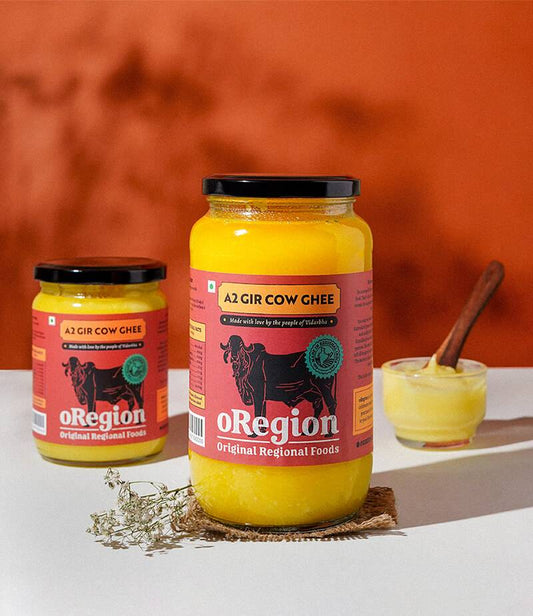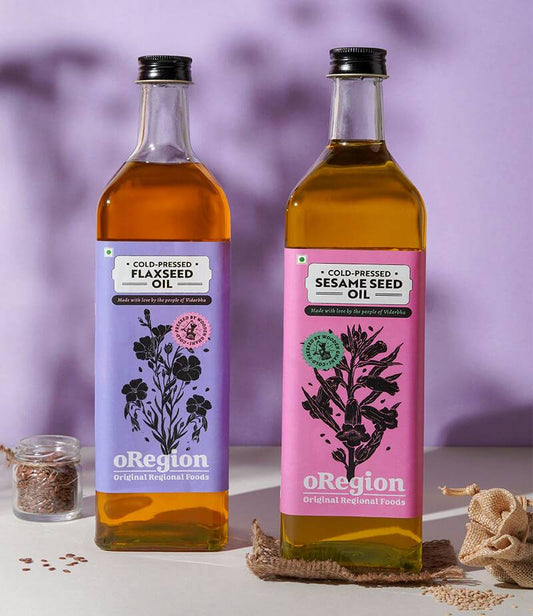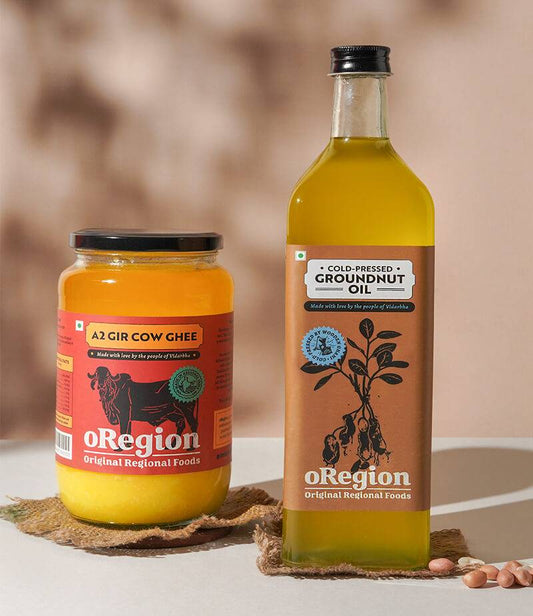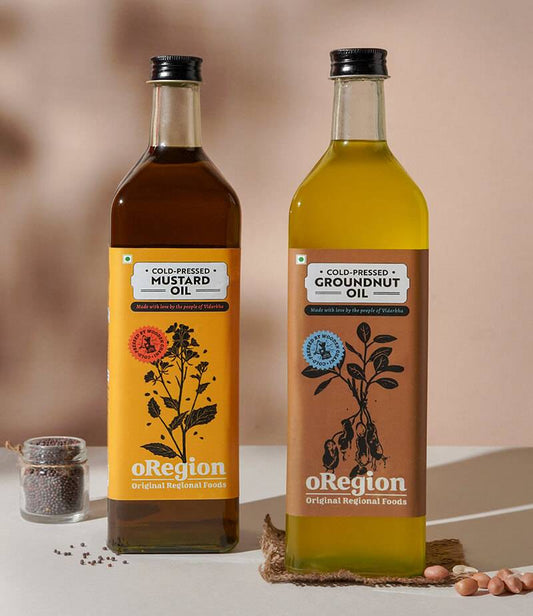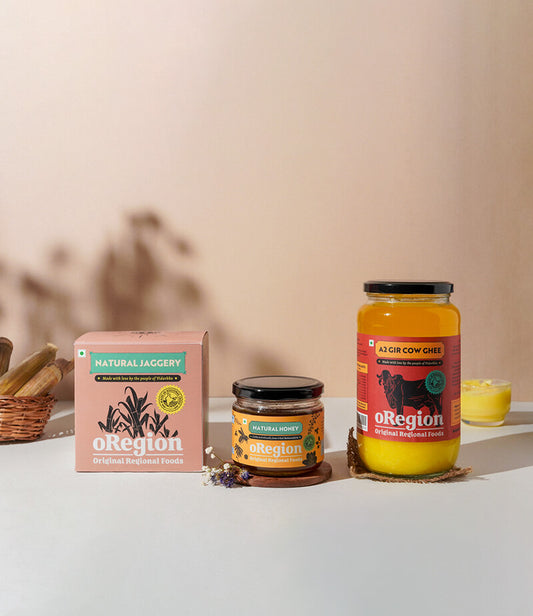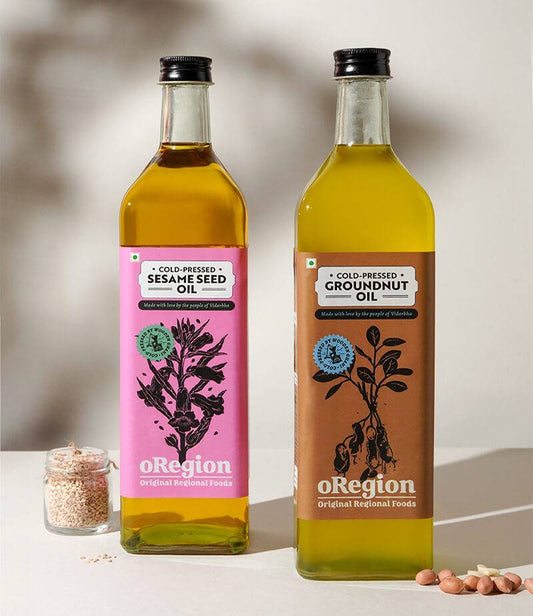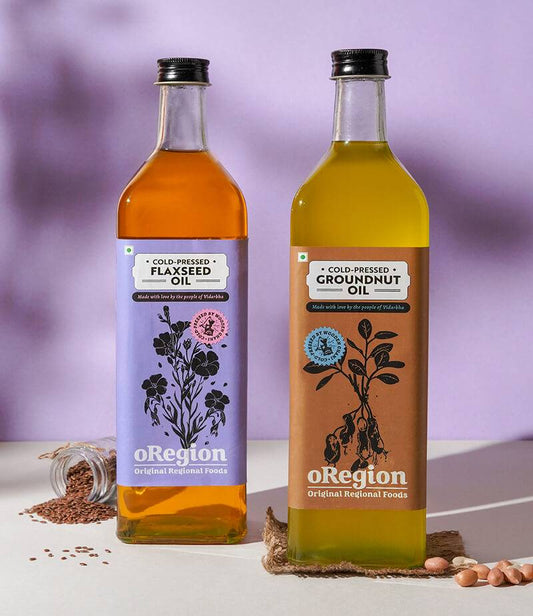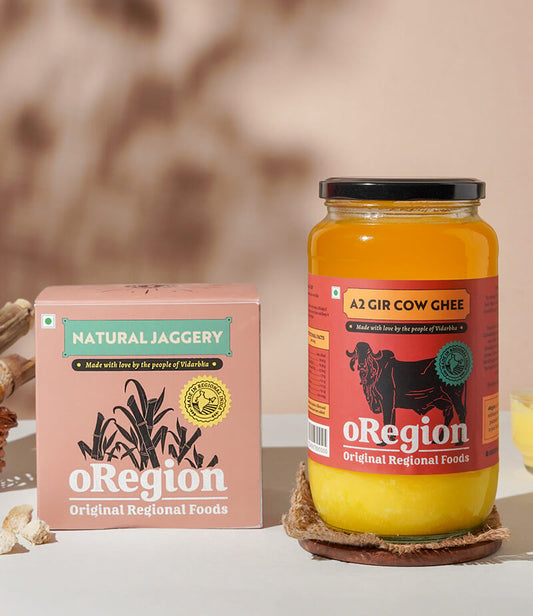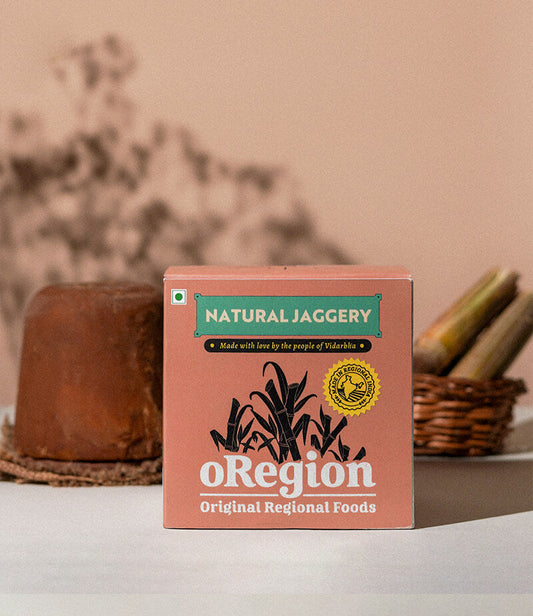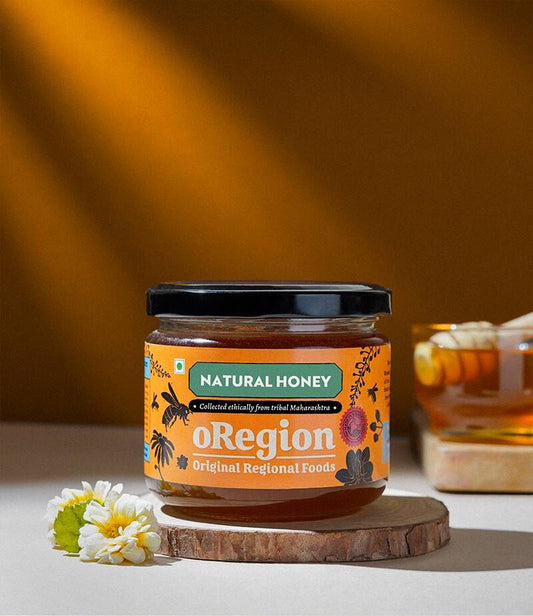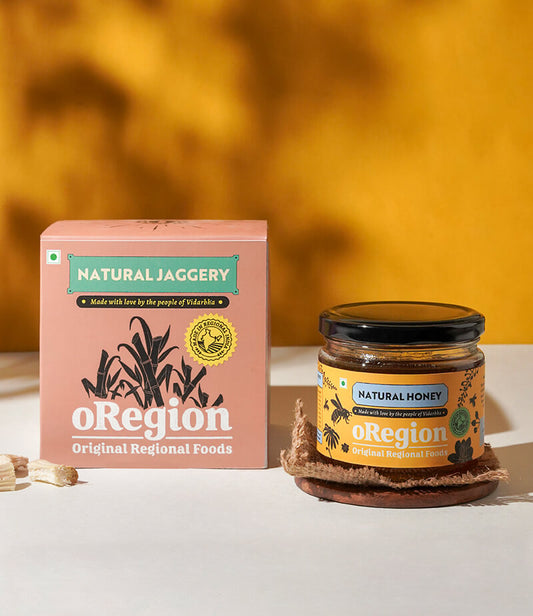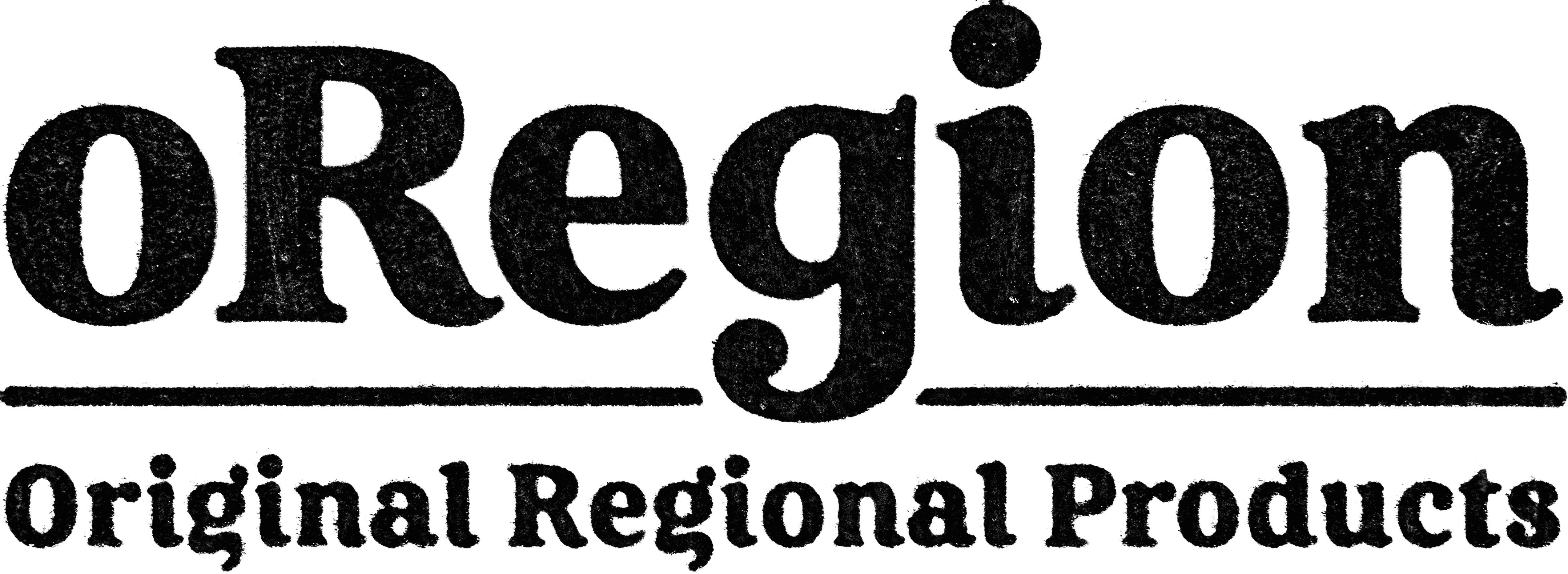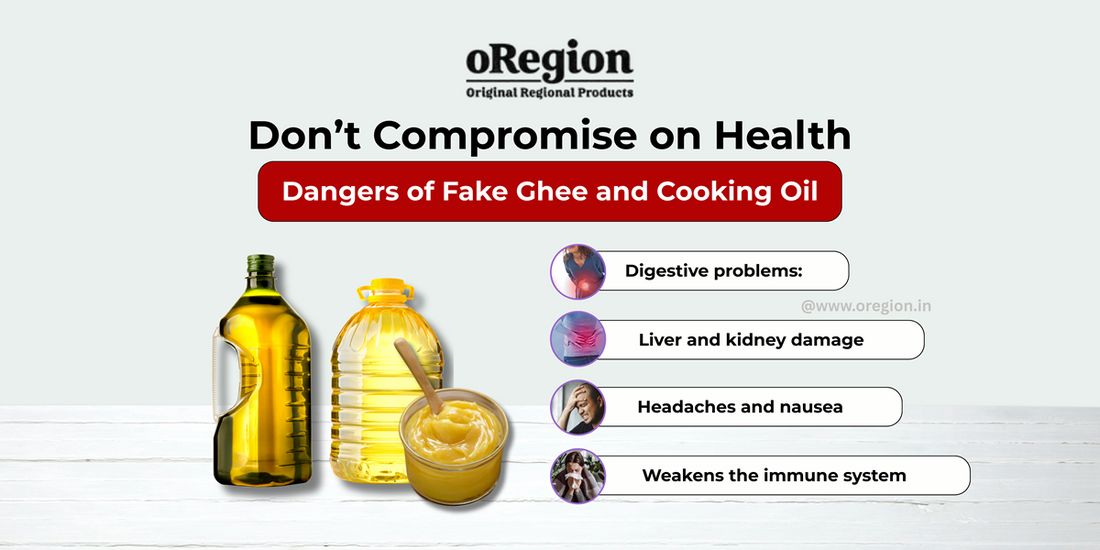
Don’t Compromise on Health: Dangers of Fake Ghee and Cooking Oil
By oregion foodsIntroduction: Why This Matters More Than Ever
In India, food is more than sustenance—it's tradition, culture, and emotion. But what happens when the food we trust turns into silent poison? Adulteration in essentials like Ghee and cooking oils is a growing threat, silently damaging health across millions of households.
Each year, 600 million people globally fall ill due to contaminated food. Over 420,000 lose their lives. That’s more than one death every single minute. Adulterated food is deadlier than most chronic diseases because it hides in plain sight.
This article is a wake-up call.
What Is Adulteration?
Adulteration means altering a natural product by adding cheaper or harmful substances, reducing its purity and nutritional value. It's not just cheating the buyer—it's harming their health.
At oRegion, we believe that food should heal, not hurt. That’s why we’re committed to transparency, purity, and education.
The Hidden Threat in Your Kitchen: Adulterated Cooking Oils
How Are Edible Oils Adulterated?
Cooking oils like Mustard Oil, Flaxseed Oil, Groundnut Oil, and Sesame Oil are often adulterated with mineral oil or Argemone oil—both of which are not safe for human consumption.
Dangers of Adulterated Cooking Oil
-
Digestive problems: Your gut health suffers, leading to gas, bloating, and poor absorption of nutrients.
-
Liver and kidney damage: Continuous consumption puts extreme pressure on these organs, impairing their function.
-
Headaches and nausea: Common symptoms of toxic oil consumption.
-
Weakens the immune system: Your body loses its natural defense, making you prone to diseases.
Fake Ghee: A Silent Killer in Indian Homes
What’s Fake Ghee Made Of?
Adulterated ghee is often blended with Vanaspati ghee (a hydrogenated vegetable fat), which is low in nutrition and high in health risks.
Health Issues from Fake Ghee
-
Blocks arteries: Leading to high risk of strokes and heart attacks.
-
Increases bad cholesterol: Putting your cardiovascular system under serious threat.
-
Slows digestion: Causing constipation, acidity, and general discomfort.
-
Increases risk of heart disease: A long-term, life-threatening impact.
Real Stories, Real Risks
In 2019, a small town in Uttar Pradesh reported a spike in liver complications. Investigation revealed the common factor—adulterated mustard oil sold in local shops. Unfortunately, many people suffered irreversible damage before action was taken.
Another study by a consumer rights organization found that nearly 60% of ghee samples collected across metros were not up to FSSAI standards—mostly due to vanaspati blending.
The oRegion Stand: Fighting Adulteration at Its Root
At oRegion, we’re on a mission to eliminate food adulteration from Indian kitchens.
How We Do It:
-
Sourcing from zero-budget natural farms where soil and seed are free from chemical abuse.
-
Bilona Ghee made from pure Gir Cow milk, churned traditionally, not industrially.
-
Offering traceable and transparent food, so you know where your nutrition comes from.
How to Identify Pure Ghee and Cooking Oil at Home
Protect your family with these simple tips:
For Ghee:
-
Smell test: Pure ghee has a rich, nutty aroma. Fake ghee often smells synthetic or overly sweet.
-
Refrigeration test: Place ghee in the fridge. Pure ghee solidifies uniformly. Adulterated ghee shows separation.
-
Palm test: Rub a little ghee between your palms. Pure ghee melts easily and leaves a distinct fragrance.
For Oils:
-
Solubility Test: Mix a small amount of oil with alcohol and water. Cloudiness may indicate impurities.
-
Paper Test: Drop a little oil on white paper. If it leaves a greasy stain after drying, it may be adulterated.
What’s at Stake? Everything.
Adulterated ghee and oils don’t cause instant death—but they’re a slow poison. Just because the effects aren’t immediate doesn’t mean they’re harmless. We must stop normalizing the damage.
"If you eat, this is for you. If you love someone who eats, this is for them too."
Conclusion: Choose Health Over Habit
In a world full of shortcuts and profits, purity is rare—but essential. The food we eat becomes us. The oil we cook with, the ghee we pour over dal—these are not just ingredients. They are the building blocks of health.
In oRegion, we’ve chosen to do things differently. And we invite you to make that choice too.
Don’t compromise on health. Say no to fake food. Say yes to oRegion.
Let’s start the conversation. Tag someone you care about. Share this truth. Together, let’s bring purity back to our kitchens and lives.
